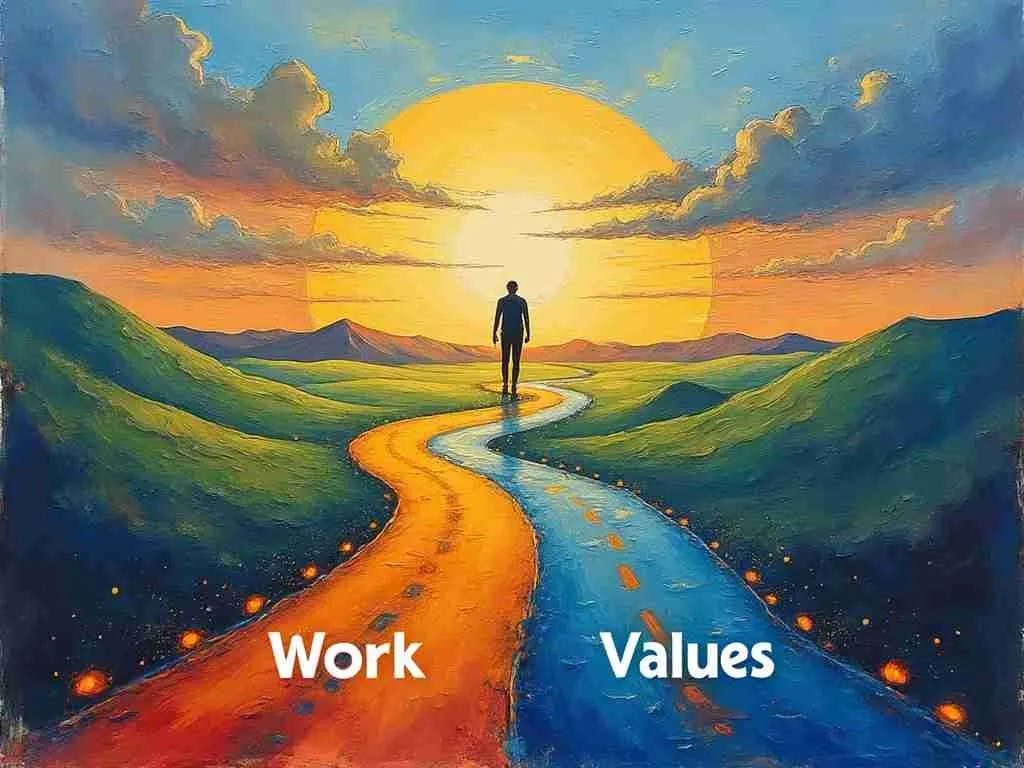Embracing Inversion: How Charlie Munger’s Wisdom Transformed My Approach to Goal-Setting

As the year draws to a close, it’s a tradition for many of us, myself included, to reflect on our aspirations and set goals for the new year. We often set ambitious targets like losing 20 kilos, becoming wealthy, or earning an extra $100,000. Yet, despite our best intentions, these goals frequently remain unachieved. The question is, why do we so often fall short? In my quest for an answer, I found inspiration in the wisdom of Charlie Munger and his concept of inversion.
Charlie Munger, the renowned investor and vice chairman of Berkshire Hathaway, advocates for an inversion approach to problem-solving. He famously said, “All I want to know is where I’m going to die, so I’ll never go there.” This quote encapsulates the essence of inversion – focusing on what to avoid to steer your life in the right direction. Applying this principle to goal setting, I’ve adopted a ‘reverse thinking’ strategy.
“All I want to know is where I’m going to die, so I’ll never go there.” – Charlie Munger
Instead of traditional goal-setting, I propose reframing our ambitions:
- “I will not gain weight” instead of “I will lose 20 kilos next year.”
- “I will not run out of money” instead of “I will be rich.”
- “I will not lose my income” instead of “I will make $100k extra.”
This shift in perspective is less about setting lofty goals and more about avoiding negative outcomes. It aligns perfectly with Munger’s inversion principle.
The next transformative step is to turn these inverted statements into questions. Why questions? Because our brains are naturally inclined to answer them. They trigger our innate problem-solving abilities. Consider:
- “What should I do not to gain weight?”
- “What should I do not to suffer from poverty?”
- “What should I do to avoid losing my income?”
By framing our goals as questions, we engage our minds in active search for solutions, leading to practical and achievable steps.
Finally, we should act on the insights and directions provided by our brain. For example, by focusing on avoiding poverty rather than blindly pursuing wealth, we naturally adopt behaviors that promote financial stability and growth. Similarly, by concentrating on not gaining weight, we’re more likely to adopt sustainable habits like healthy eating and regular exercise, which can lead to weight loss as a natural by-product.
In conclusion, Charlie Munger’s inversion approach has profoundly influenced my perspective on goal setting. By focusing on what to avoid, and asking the right questions, we can find more effective paths to achieving our desired outcomes. This method of reverse thinking doesn’t just apply to financial or health goals; it’s a versatile tool that can be used in various aspects of life. So as we set our sights on the new year, let’s try to think differently, invert our approach, and see where this journey of avoidance takes us.
As we embrace this new and inverted way of thinking, let us step into the new year with a fresh perspective. May this approach to setting and achieving goals bring us closer to the lives we aspire to lead.
With that in mind, I wish everyone a transformative and prosperous Happy New Year 🎅. May this year be filled with health, happiness, and success as we journey together through the power of reverse thinking and Munger’s invaluable wisdom. Happy New Year! 🎉🌟


